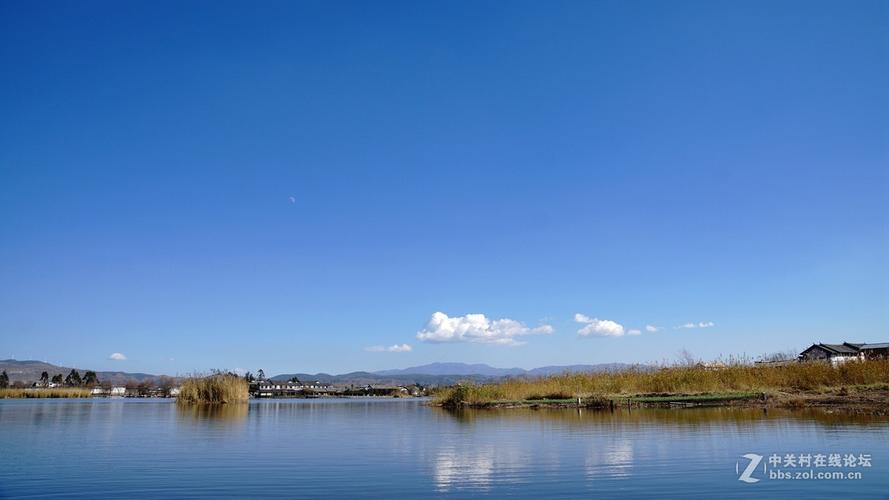The Revolutionary Impact of Virtual Reality: Exploring the 1968 Experience
Virtual Reality (VR) is one of the most transformative technologies of our time. It is a fully immersive experience that allows users to escape reality and enter a virtual world. The potential applications of VR are vast and varied, from gaming and entertainment to education and training, and even healthcare. In this article, we will explore the revolutionary impact of virtual reality by taking a closer look at the 1968 experience and the ways it has influenced the development of VR.
The 1968 Experience
The 1968 experience was an exhibit created by Ivan Sutherland and Bob Sproull, two pioneers in the field of computer graphics. The exhibit consisted of a head-mounted display (HMD) connected to a computer, which allowed viewers to see and interact with a virtual environment. At the time, this was a groundbreaking achievement that paved the way for the development of modern VR technology.
The HMD used in the 1968 experience was known as the Sword of Damocles. It was a cumbersome device that weighed over 50 pounds and required the user to be suspended from the ceiling. Despite its limitations, the Sword of Damocles demonstrated the potential of VR and inspired further research in the field.
The Evolution of VR
In the decades since the 1968 experience, VR technology has evolved significantly. Today, VR is more accessible and user-friendly than ever before, with a wide range of applications in various fields. Some of the most notable groundbreaking developments in the field of VR include:
– Oculus Rift: The Oculus Rift is a VR headset that offers high-quality graphics and an immersive experience. It was first introduced in 2012 and has since become one of the most popular VR devices on the market.
– Healthcare: The healthcare industry has been quick to recognize the potential of VR for training and patient therapies. Medical professionals can use VR to simulate surgeries and procedures, and patients can use VR to distract themselves from pain and discomfort during treatment.
– Education: VR has enormous potential for education, particularly in fields such as science and history where students can experience simulations of scientific discoveries or historical events.
– Gaming: VR gaming has revolutionized the gaming industry, providing players with an unmatched level of immersion and interactivity.
The Future of VR
As VR technology continues to evolve, we can expect to see even more innovative applications in the years to come. The potential of VR to transform industries ranging from healthcare to retail is enormous, and there are countless possibilities for exploration. Some possible developments in the near future include:
– Improved haptic feedback: Haptic feedback refers to the sensation of touch in virtual reality. As technology improves, we can expect to see more immersive and realistic haptic feedback, which will enhance the VR experience.
– Increased mobility and flexibility: As VR technology advances, it will become more portable and user-friendly, allowing for a wider range of applications in various fields.
– Social VR: Social VR refers to the ability to interact with other users in a virtual environment. As the technology improves, we can expect to see more sophisticated and engaging social VR experiences.
Conclusion
The 1968 experience was a groundbreaking achievement that paved the way for modern VR technology. Since then, VR has evolved at a rapid pace, with applications in various fields ranging from healthcare to gaming. The future of VR is incredibly exciting, with endless possibilities for exploration and innovation. As VR technology continues to improve, we can expect to see even more transformative applications that will change the way we interact with the world around us.
(Note: Do you have knowledge or insights to share? Unlock new opportunities and expand your reach by joining our authors team. Click Registration to join us and share your expertise with our readers.)
Speech tips:
Please note that any statements involving politics will not be approved.
